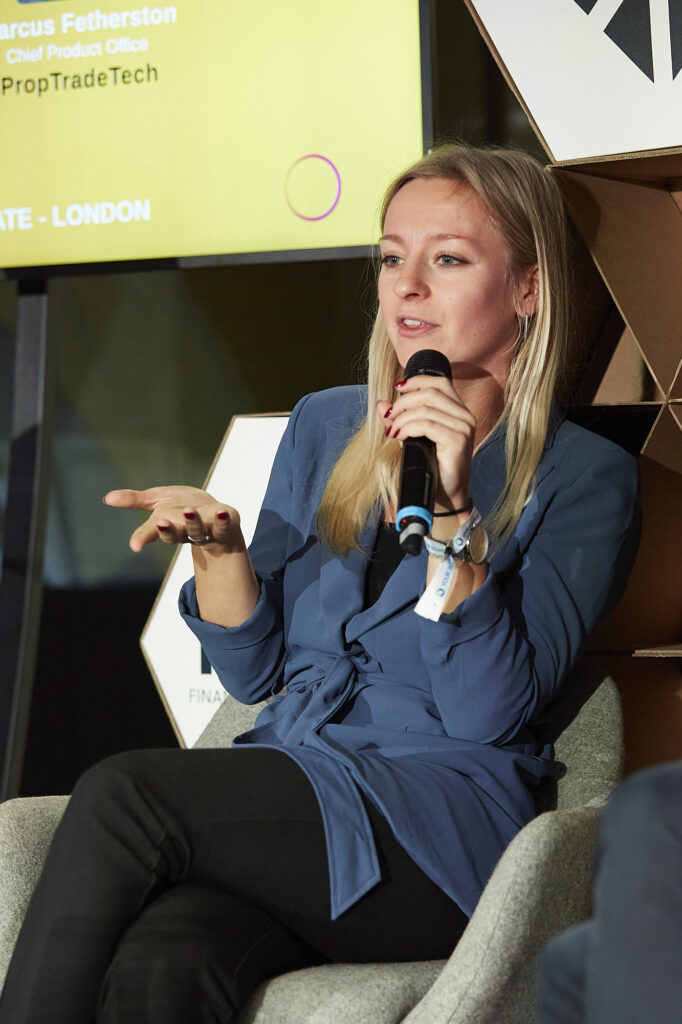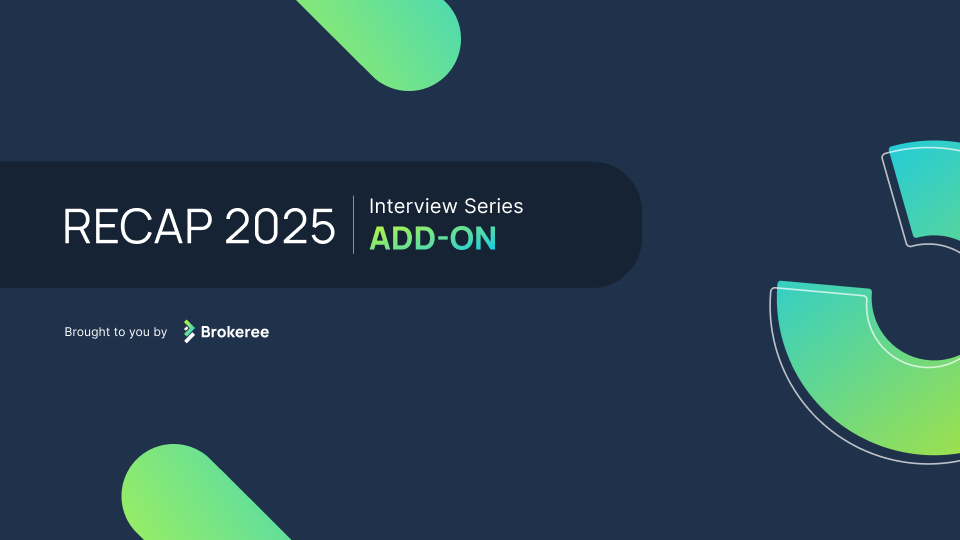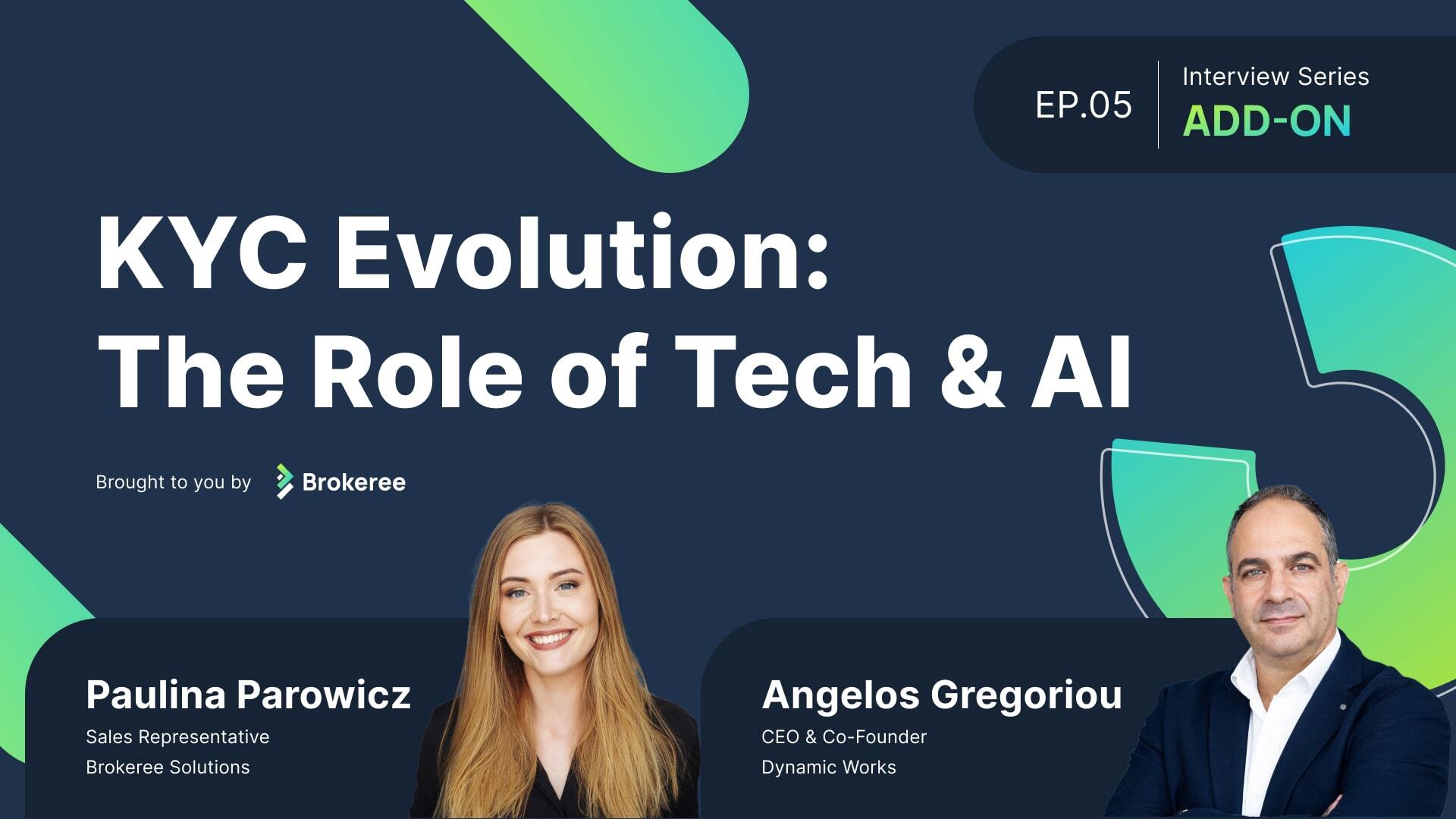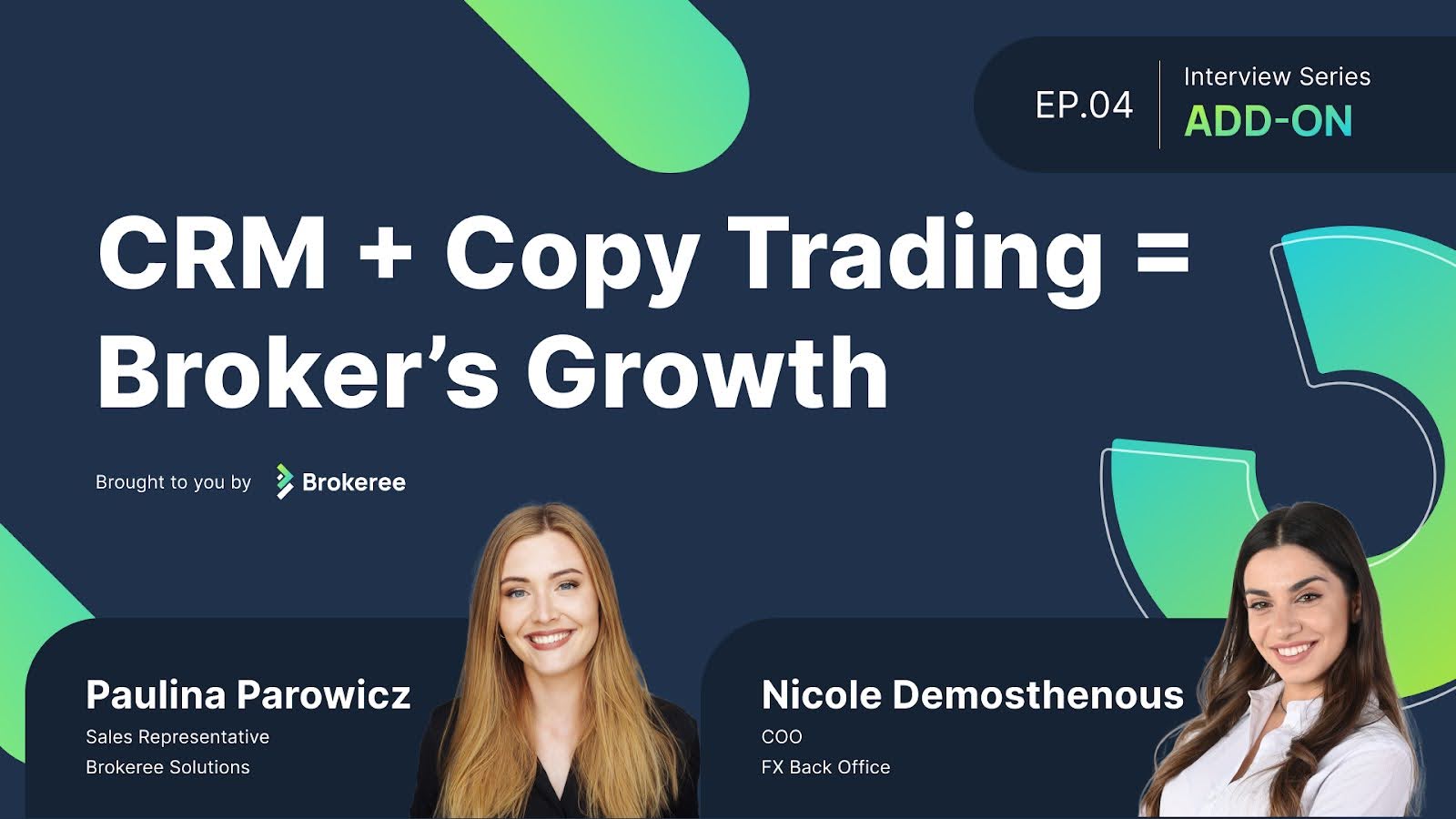As a part of the Finance Magnates London Summit a panel discussion “Prop Trading for Retail Brokers: A Viability or Liability?” was held.
Moderator:
Anton Sokolov – Marketing Manager at Brokeree Solutions (Moderator).
Speakers:
Tatiana Pilipenko – Regional Head of Business Development (APAC, UK, Americas) at Brokeree Solutions;
Marcus Fetherston – Chief Product Officer at PropTradeTech.
Lately, Brokeree Solutions released a new Prop Pulse solution – an account management solution for prop trading firms.
Basics: What is Prop Trading? Difference Between Traditional and Modern Prop Trading Firms
What is prop trading?
Marcus: I think prop trading gives traders the ability to test their trading skills in an evaluation stage and to see how they go pass or fail on a paid challenge. Based on passing, they get access to further earning potential with less upfront capital than they would need at a brokerage.
Ultimately, Prop Trading — is people testing their skills to see if they’re worthy of access to more capital and trading ability to earn from.
Hasn’t prop trading been for a while?
Marcus: Exactly. We have a traditional idea of a prop trading firm – a company that trades with its own money, they may test out traders, may hire them on an ongoing career basis.
I think the trend we’ve seen emerging in the last 5 years or so, especially in the last 1 or 2 years, is different. We’ve seen firms such as FTMO that started this trend of building it into a more online e-commerce digital product.
The same way we saw this happened in forex. It was much harder to access a forex broker about 30-40 years ago and then it became more of an online retail experience. Prop trading is going through the same.
What is the difference between traditional and modern prop trading?
Marcus: A traditional prop firm from a long time ago had a much different process to undergo evaluation and get access to capital. It was something that required a lot more capital from the firm and a lot more experience from traders.
What was the reason for the popularity of the new prop trading?
Tatiana: One of the reasons is definitely regulations or lack thereof. A lot of prop trading firms are appearing somewhere in the USA, where regulations are quite strict and prop trading is going around it. I mean there is no such a hub for prop trading as for retail brokers like Dubai or Cyprus. That’s why it’s just a new easier and faster way to start up a company and get into this financial sector.

Psychology in Prop Trading
Marcus: I think at the core of this modern prop trading product it goes back to the fundamental psychology of traders. I think what this product does is it enables a lot of people who didn’t have access to capital, who are great traders, to prove themselves and enter that arena of sort of a larger earning potential.
Anton: I do agree and I do like your point about the psychology of it. When we look at online courses you can get pretty much all the information you want for free, but the courses which you pay for you’re much more likely to complete. And I think the same mentality of traders goes also in here.
Is there a demand from brokerages for prop trading? Or those are mostly entrepreneurs looking to go into the prop trading space directly?
Tatiana: From our (Brokeree) experience as a technology provider it would be more that emerging companies start from zero rather than retail brokerages going into that path. Now it’s a phenomenon, but then we don’t know where it’s going to go and that’s why brokerages need to think about all the risks possible.
Demographics in Prop Trading
Marcus: I always highlight demographics in prop firms. In my experience the average brokerage trader is 37 years old, and the average prop trader is in their late 20s. It’s really interesting because I think we see this as a niche within the forex space like an offshoot of brokerage.
I think brokers are the people that are most well suited to take on prop trading because of the infrastructure, but what they don’t get is they should let go of affiliate marketing and focus on community management. It is what prop firms do so well. I think that props are the first to do that very effectively in this space. Brokers don’t understand that and vice versa those people who are good at marketing and building communities aren’t the best at infrastructure.

What are some core challenges brokers are trying to solve daily?
Tatiana: The client retention first of all, then client conversion. They can come to a demo account and then brokers need to get them interested and start trading with real funds. Next, education is a big thing, but mainly in an Asian region and emerging markets.
Education in Prop Trading
Marcus: If someone wants to get knowledge on trading, they’re more likely to go to a trusted independent source than to the broker they trade with where education is a side product. I think where prop trading does it sort of better is because it’s more you’re involved in it. The numbers (dashboards) are there and you’re learning from your own activities.
Anton: I did notice that one of the things prop trading firms do very well is education. A user is engaged from the start and they’re walking through and they’re looking at their statistics, they see the dashboards and then they can react, learn, and try new strategies. By the end of the challenge they may be much more prepared for real life.
User experience in Prop Trading
Marcus: I’ve found from the broker side that even if you put the video walkthrough, you give them the PDF guide, an online native piece of tech, you still get messages from people saying “I don’t understand. It doesn’t make any sense”.
Tatiana: Some brokers are getting money management tools, like PAMM, and Social Trading, expecting that the traders will start using it straightaway. It’s not as simple as that they need to train their clients to use it: what kind of features does it have? How can it be managed from within this web user interface? It’s not always done or not explained explicitly and well. I think this is like a “must” actually and that is a challenge that might be faced in case that is not done initially.
What prop trading trends and ideas should brokers implement in their business?
Tatiana: Coming back to challenges, we should consider: how good it can be used in terms of retail broker? May it be simply a verification for signal providers or money managers in terms of money management tools and systems? Now anybody can become a master trader if they just deposit some money into account. But how do we know if they are actually good? Brokers might potentially check it and then decide which accounts will be playing this role or which accounts will be showcased in the leaderboard. In this case you can actually verify it by doing this challenge competition to see who is performing well and then verifying them as the master traders.
Anton: I feel like there’s so many opportunities for gamification to shine through. So many brokerages are trying to use it to take advantage of their clients by trying to increase trading activity or to influence their decisions. Whereas prop firms are doing it for the reason of improving the actual traders or guiding them in a more interactive way rather than just like “Here’s your trading terminal. Go for it.”
Questions from the audience
As a Retail broker, how can you monetize Prop Trading?
Marcus: A great question. There are a few different forms this can come in. Some prop firms don’t run all of their infrastructure, so a retail broker with advanced infrastructure may run specific strategies and execute trades.
On other activities, brokers may consult on the compliance side. I think there are a lot of brokers that have large compliance teams.
Brokers also may start their firm as a separate brand as well. They have all the infrastructure and resources.




